LAS VEGAS – Sensors are everywhere. We find them in cars, smartphones, wearable devices, headphones, e-bikes… Nowadays there are no devices that do not have at least one inside them.
It is like this – reminding us of the centrality of MEMS (micro-electromechanical sensors) – that the conference has begun Bosch al CES 2023.
Understandable given the volume of Bosch production in this area: “We started production of MEMS sensors in 1995. In the last five years alone, we have produced as many sensors as in all previous years,” said Tanja Ruckertmember of the Board of Management of the Bosch Group.
Bosch RideCare: more than a dash cam
The legitimate question is: what do sensors do for me in real life?
A practical example is RideCare, the solution presented by Bosch right at CES which also won the prize Best of Innovation dei CES 2023 Innovation Awards.
At first glance it might look like a traditional dash cam but it’s actually so much more.
Basically it is – we confess – a camera, connected and intelligentbut equipped with two lenses: one at the front, which therefore looks at the road, and one at the back, which monitors the passenger compartment.
On board then we have a flood of sensors to record audio, video and IMU datain addition toartificial intelligence involved in analyzing information.
What is all this for? RideCare was born for the world of ridesharing. The idea is to hold both driver and passenger accountable with a solution that discourages unwanted behavior by guaranteeing greater transparency and certain data in the event of disputes.
The device can also detect the start and stop of a run, self-monitor its health and send an alert if the field of vision is compromised or blocked.
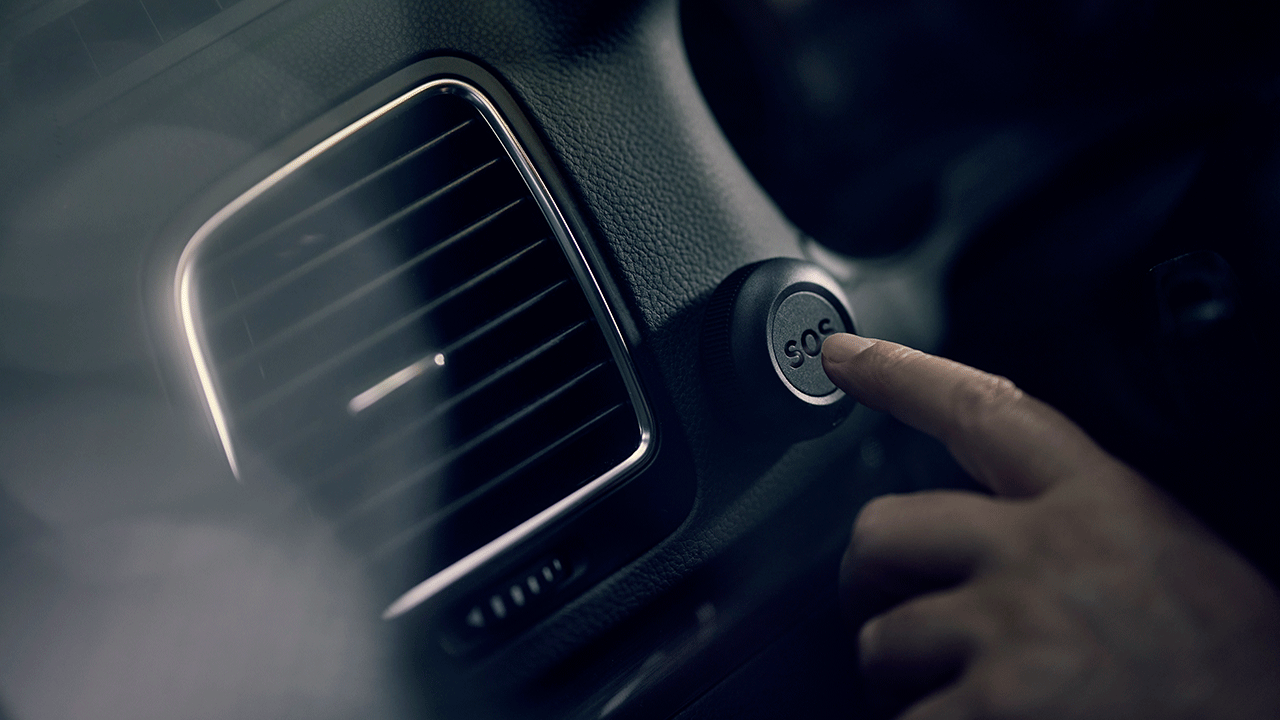
To accompany RideCare there is also a wireless SOS button which starts an emergency call to the 24/7 Bosch Service Center. In case of problems, a Bosch agent can access the device remotely and understand if it is necessary send any emergency services.
Sensors help us all
RideCare is just one example of how sensors can make a difference in everyday life. These tiny components are the heart of modern technology and the backbone of the connected world.
Think about the automotive sector: Sensors aid in vehicle navigation, control airbags and the Electronic Stability System (EPS), and enable a wide variety of assistance functions that improve driving safety, comfort, convenience and efficiency. Particularly, for autonomous driving, sensors are indispensable because they become the “eyes” with which cars can “see” and interpret the surrounding area.
Bosch already offers a range of radar, lidar, video and ultrasonic sensors for autonomous driving.
At CES the company also presented smart sensors which, combined with a new software algorithm, detect with reliability and precision the exact angle of impact in the event of a side collision and activate the airbag to mitigate the consequences of an accident.
The technology for also makes its debut in Las Vegas a new external microphone that allows autonomous vehicles to recognize beeps and voice commands. After all, to completely replace people behind the wheel, cars must not only be able to “see”, but also to “hear”.
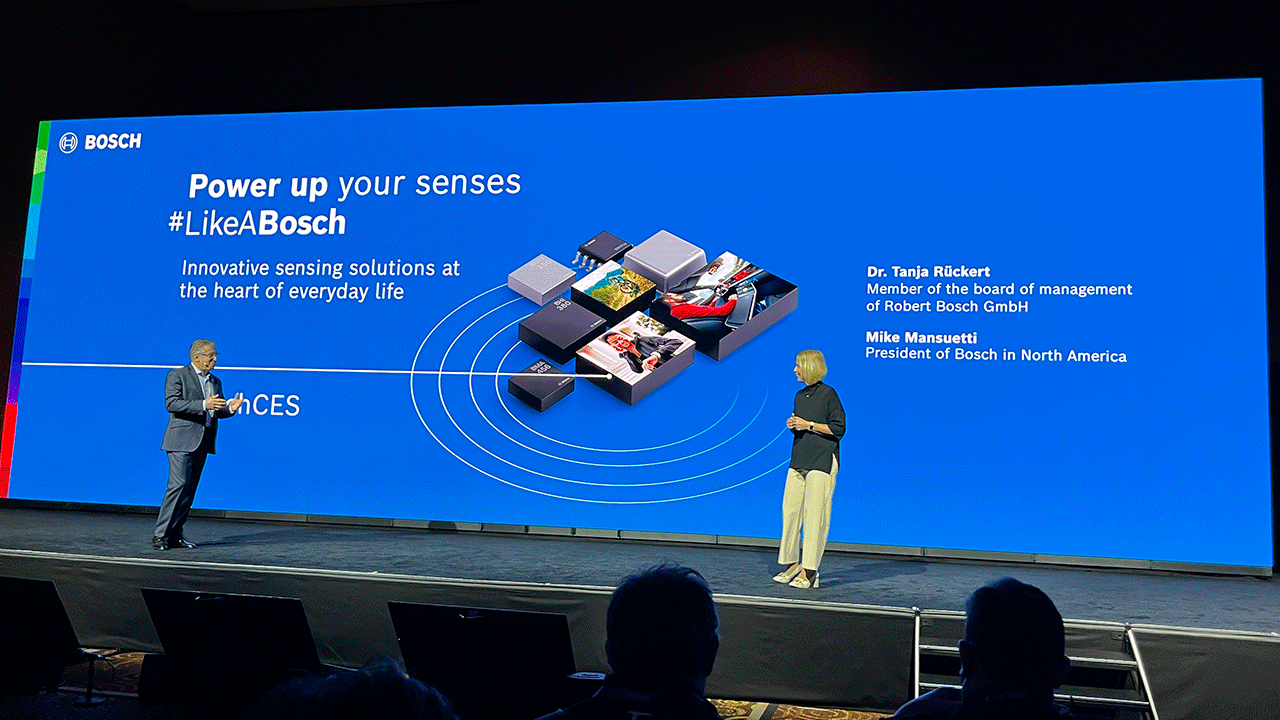
However, vehicles are just one of many technology products that need MEMS. We find them too in smartphones, with sensors they can locate at what altitude is a device with almost centimeter accuracy, element that allows rescuers to understand, for example, on which floor is the person who needs help. Do you think, according to the US Federal Communications Commission (FCC), these sensors they help save 10,000 lives a year in the US alone.
The future is quantum sensors
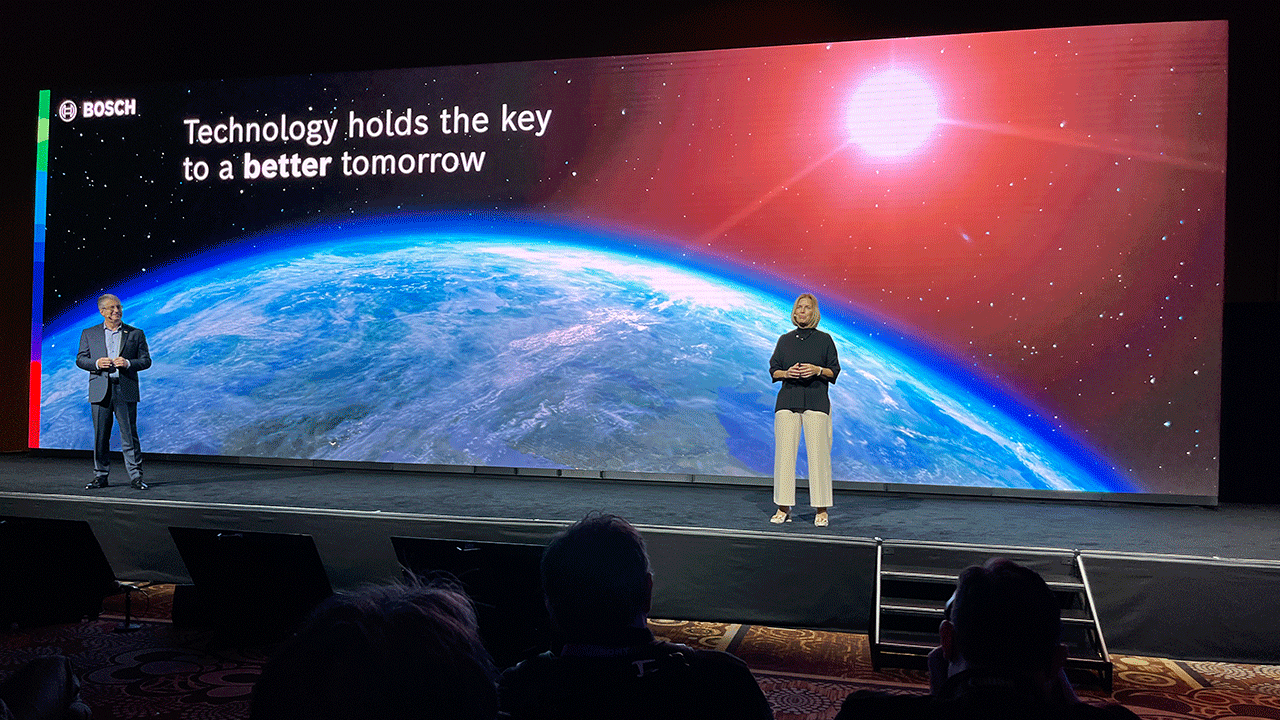
The next step is represented by quantum sensors, which could enable measurements 1,000 times more precise than today’s MEMS sensors. For example, they could facilitate the diagnosis of neurological diseases and make it more accurate.
Bosch, which is working closely with IBM, created a startup last year specifically to help commercialize quantum sensors and develop this future $7 billion market.
All this holding sustainability is always at the center: “For the future of our planet it is essential that we all commit ourselves to adopting increasingly efficient lifestyles in terms of energy consumption. At the same time, climate change is driving technological progress in our company, including for sensors,” Rückert stressed.






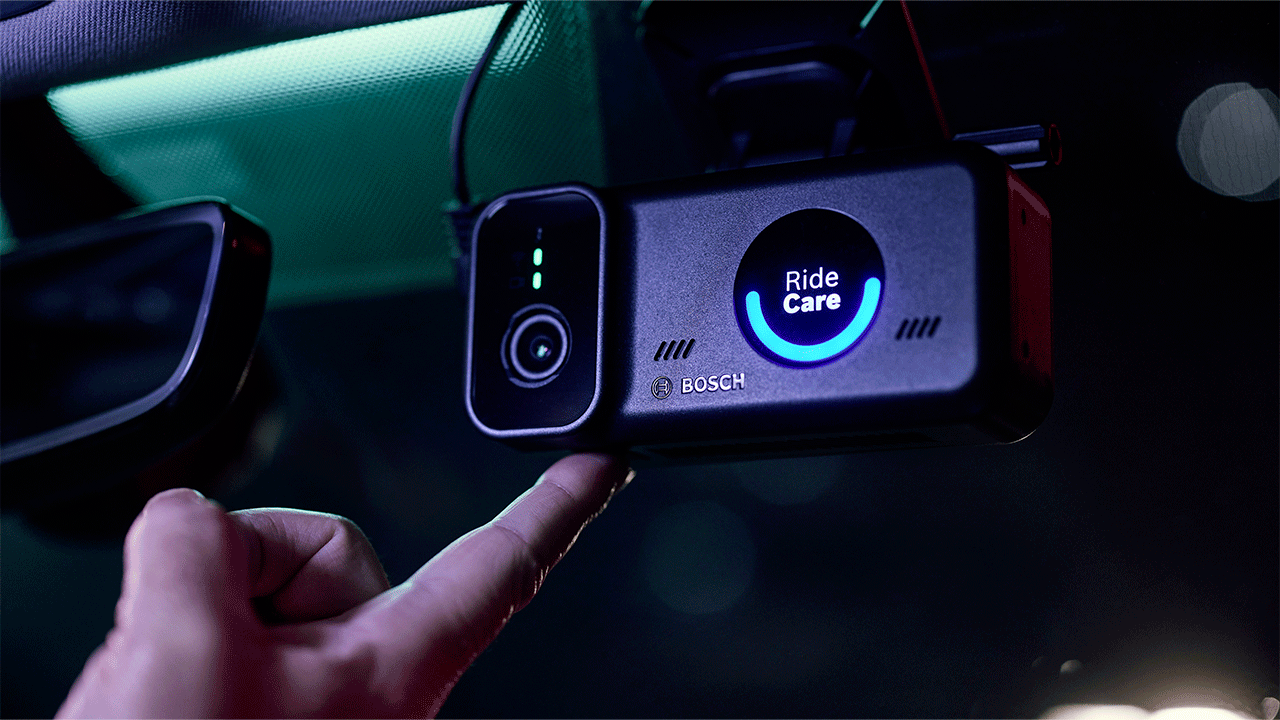
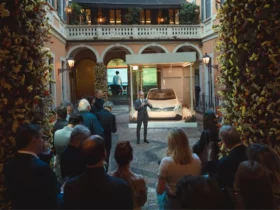

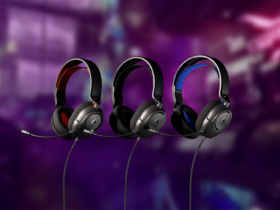


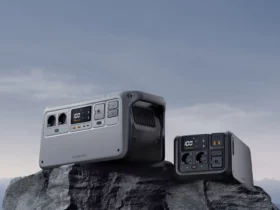
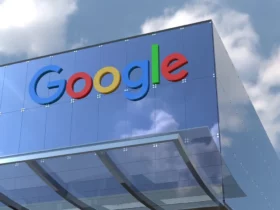
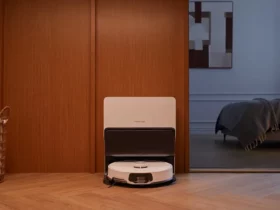
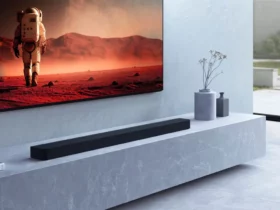
Leave a Reply
View Comments